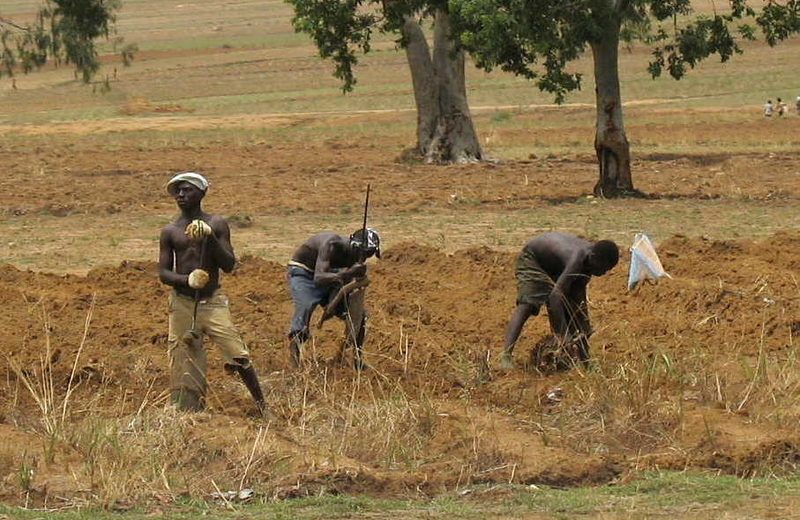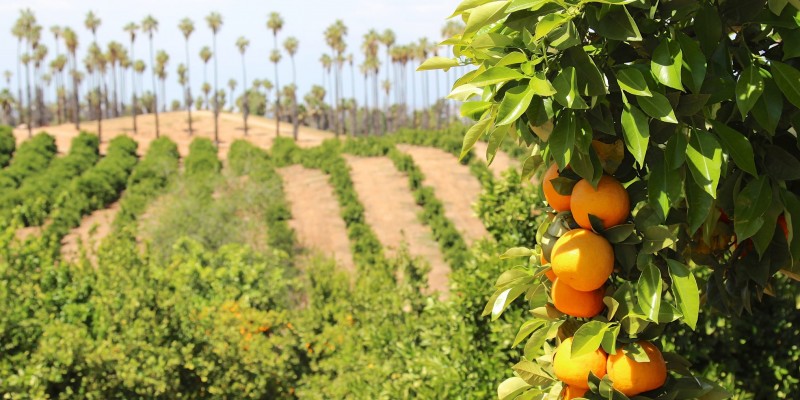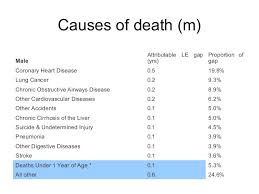GMOs (or Genetically Modified Organisms) — perhaps one of the sacred cow topics of anti-neoliberal, anti-globalization activist discourse, they are as confusingly scientific as vaccines and carry with them just as fervent criticism and defense. For the most part, some of the suggested benefits of GMOs have fallen flat: Corporate claims that genetically modified crops provide an easy solution to the problem of world hunger have …
Alex Kirby – Climate change raises deadly health risks
Climate News Network, 18 August, 2016 More than half a million people worldwide are likely to die annually by 2050 because of the impact on agriculture of changing climate, according to an Oxford University study on the future of food. The authors say the effects are likely to be felt most acutely in south and east Asia, but that the …
Alternative Visions – Japan’s Perpetual Recession Economy: QEs, Negative Rates, and Helicopters – 08.12.16
Jack reviews the current condition of Japan’s economy, after 8 years of virtual perpetual recession despite record QE central bank injections, negative interest rates, and talk of helicopter money. The Central Bank of Japan as harbinger of global capitalist central banks policy direction and innovation. How central banks-bank of japan free money policies are not only no longer working, but are now having contrary negative effects on the global economy. Japan’s history of monetary policy first, plus austerity, since 1991 has doomed it to perpetual recessions—8 since 1991 and 5 since 2008. Japan as innovator of QE and negative rate policies. The results in creating trillions of non-performing bank loans (NPLs) and more than $13 trillion in negative bond rates since 2014 are reviewed. Growing NPLs and negative rates as indicators of failing capitalist monetary policies as investment slows, productivity declines, wages stagnate and real consumption falters worldwide. Why global economies are about to shift in 2017 to more fiscal infrastructure spending—but will do so ‘too little and too late’ to prevent recessions in 2017.
The Gary Null Show – 08.12.16
Dark Age America: Climate Change, Cultural Collapse and the difficult future ahead for us
Rishma Parpia – Gates Foundation Funding Global Vaccine Program – More Powerful Than Government
Bill Gates is reported to be one of the richest individuals on Earth, with a current net worth of $87.4 billion. [1] The Bill & Melinda Gates Foundation (BMGF), founded in 2000, is the largest private foundation in the world. [2] The foundation’s mission is to support and fund international development initiatives that improve social, economic and health conditions on a global …
Life Satisfaction and the Well-Being Gap
“Our data show what needs to be done to improve the level and distribution of happiness” globally, the authors of World Happiness Report 2016 argue ambitiously in their latest assessment across nations and continents. “Increasingly, happiness is considered to be the proper measure of social progress and the goal of public policy.” With Ministries of Happiness springing up in Venezuela, …
Derrick Jensen – Sustainable Development is a Lie
“Sustainable development” is a claim to virtue. The word “development” used in this sense is a lie. The word “develop” means “to grow,” “to progress,” “to become fuller, more advanced.” Some synonyms are “evolution, unfolding, maturation, ripeness,” and some antonyms are “deterioration, disintegration.” And here is a real usage example from a dictionary: “Drama reached its highest development in the …
Bill Black – The Clintons Have Not Changed – The Clintonian War on the IG Watchdogs
Secretary Hillary Clinton is asking Democratic voters to believe that she has experienced a “Road to Damascus” conversion from her roots as a leader of the “New Democrats” – the Wall Street wing of the Democratic Party. When exactly this conversion occurred is never stated, but an interesting fact has emerged that demonstrates it did not occur during her service …
4 Billion People at Risk as ‘Water Table Dropping All Over the World’
A new analysis reveals that global water scarcity is a far greater problem than previously thought, affecting 4 billion people—two-thirds of the world’s population—and will be “one of the most difficult and important challenges of this century.” Previous analyses looked at water scarcity at an annual scale, and had found that water scarcity affected between 1.7 and 3.1 billion people. The new …
A Just Cause – Spotlight on Capitol Hill & Vice President Joseph Biden, Jr – 01.03.16
The host Cliff Stewart, Lisa Stewart and Lamont Banks is shining a Spotlight on Joseph Robinette Biden, Jr., who represented Delaware for 36 years in the U.S. Senate before becoming the 47th and current Vice President of the United States.










